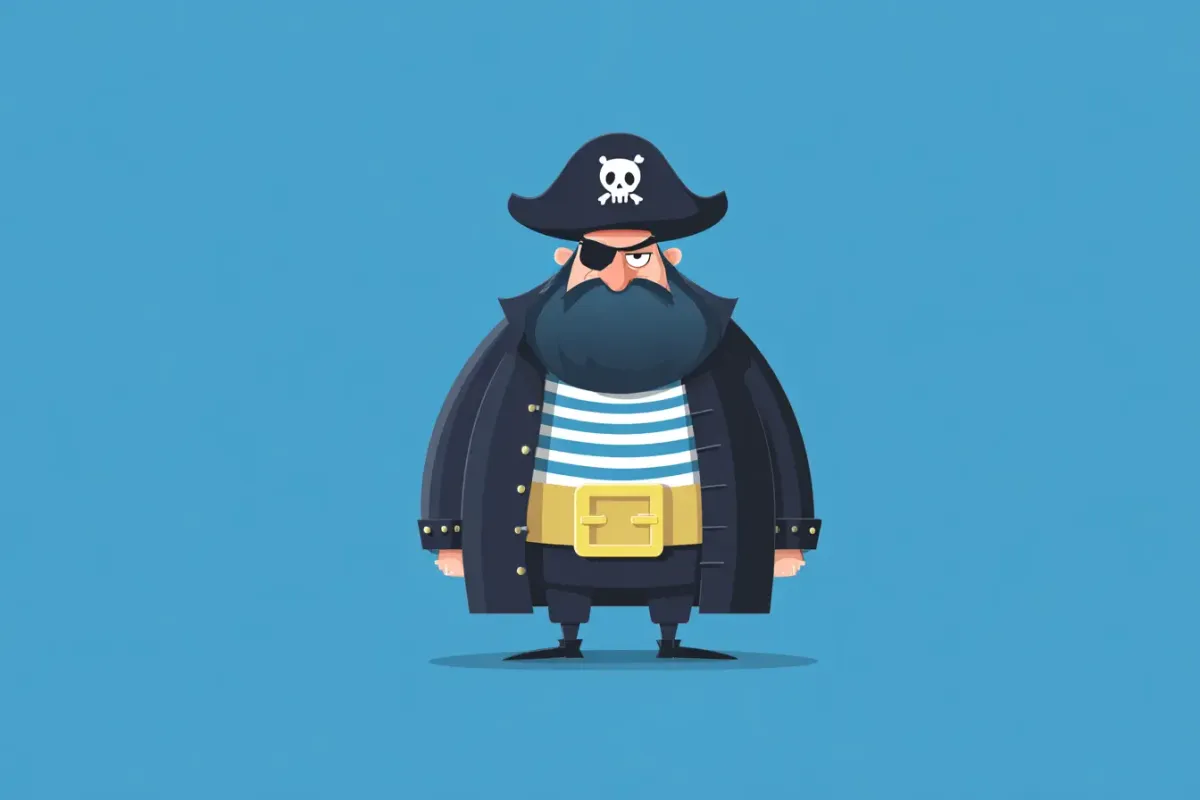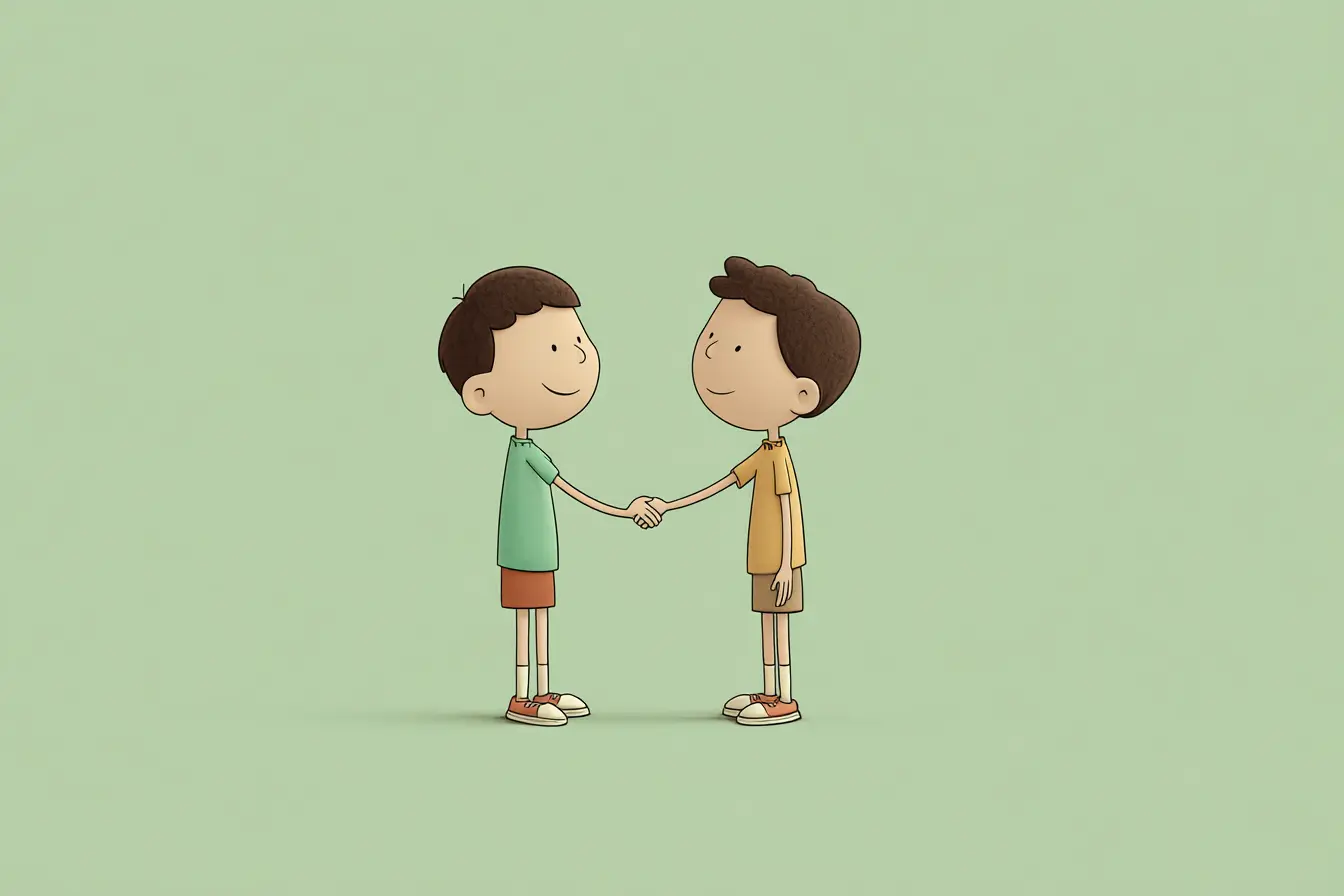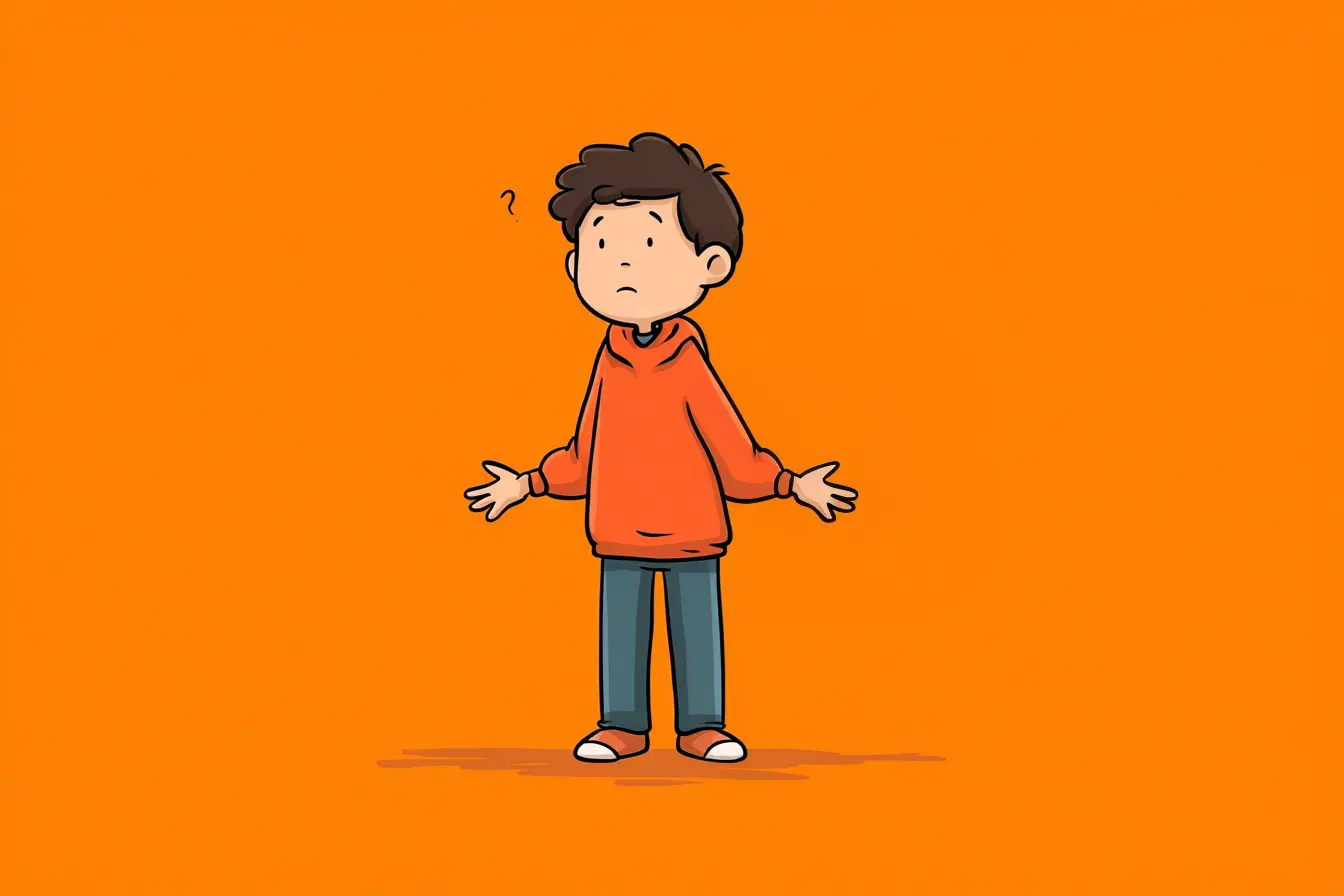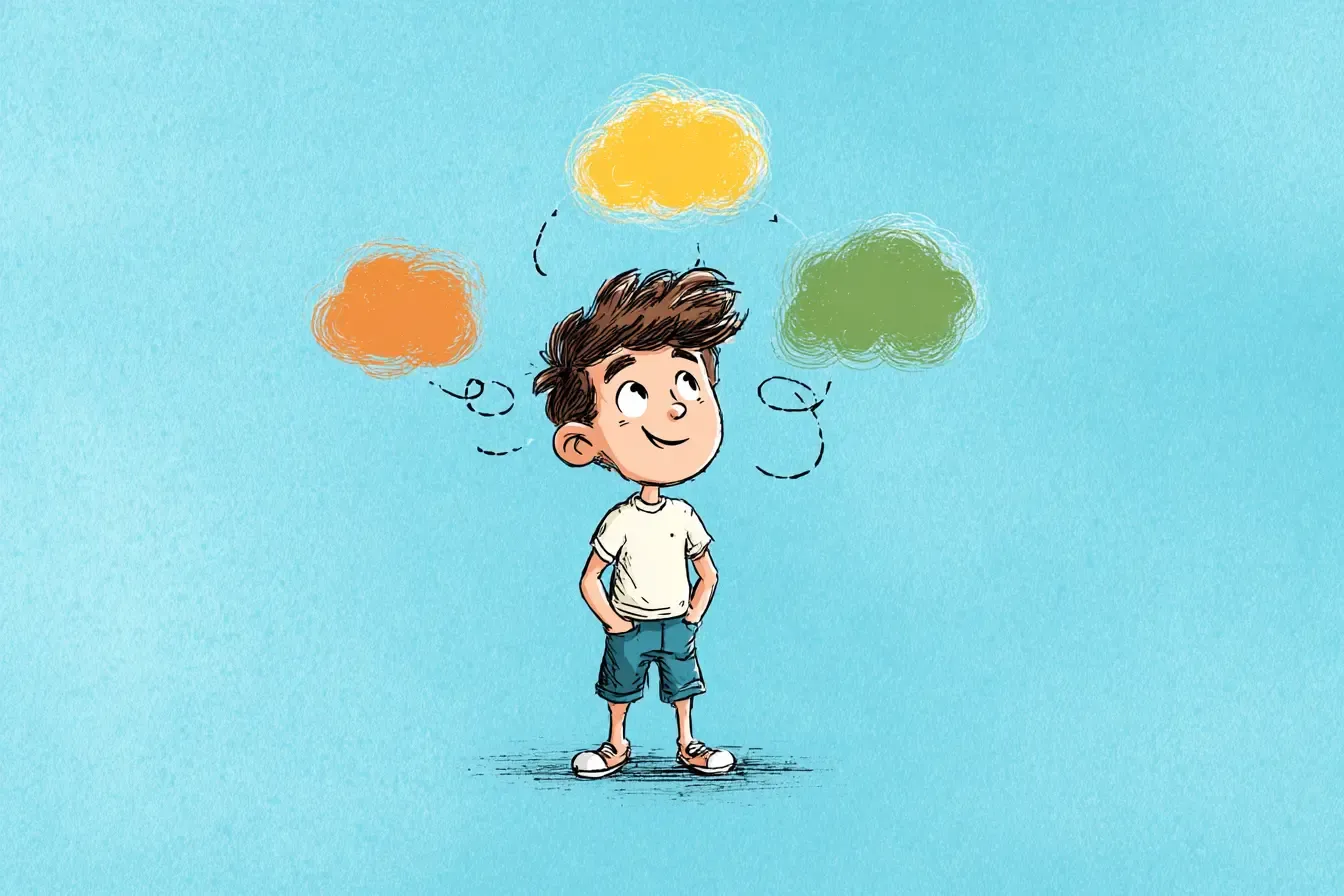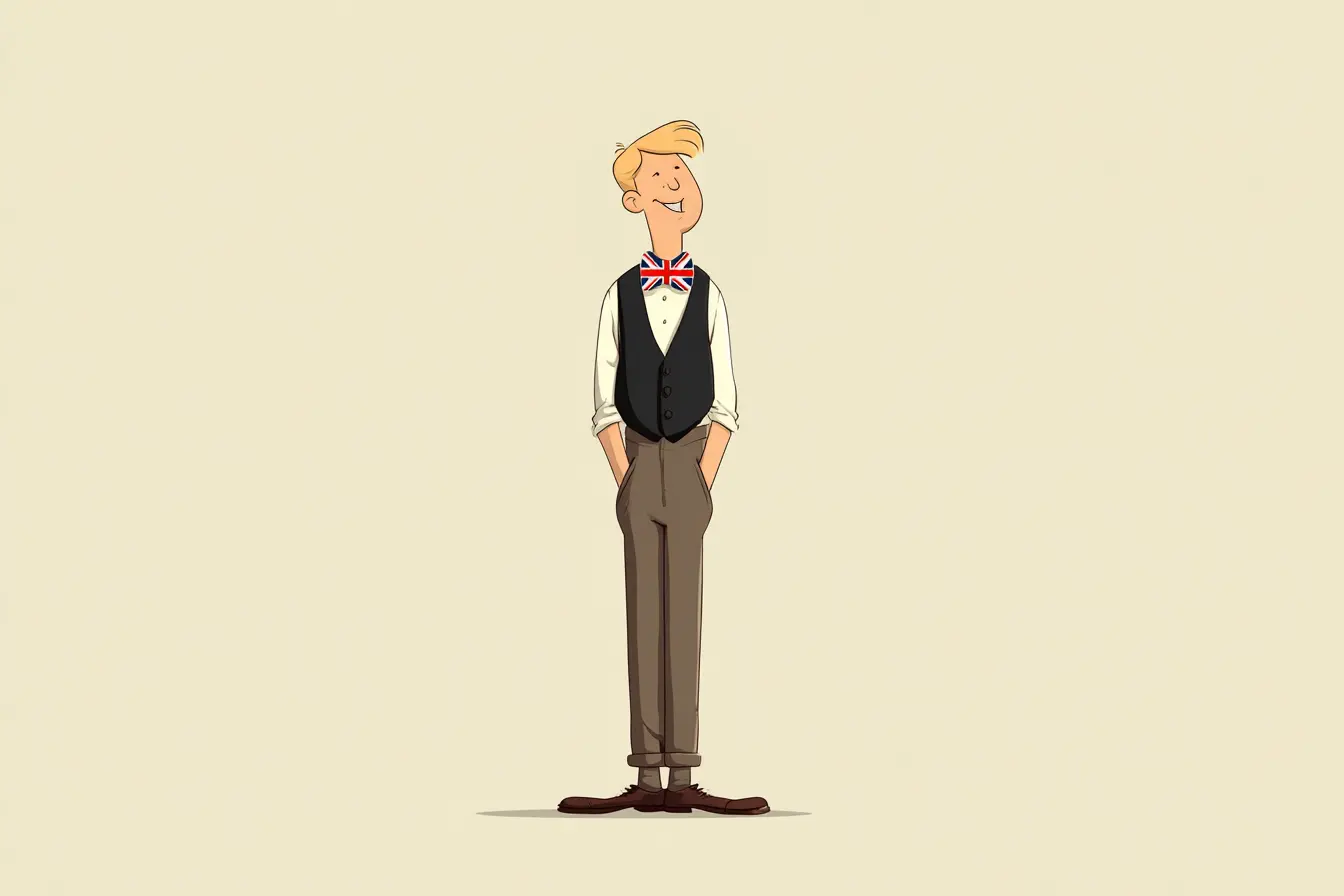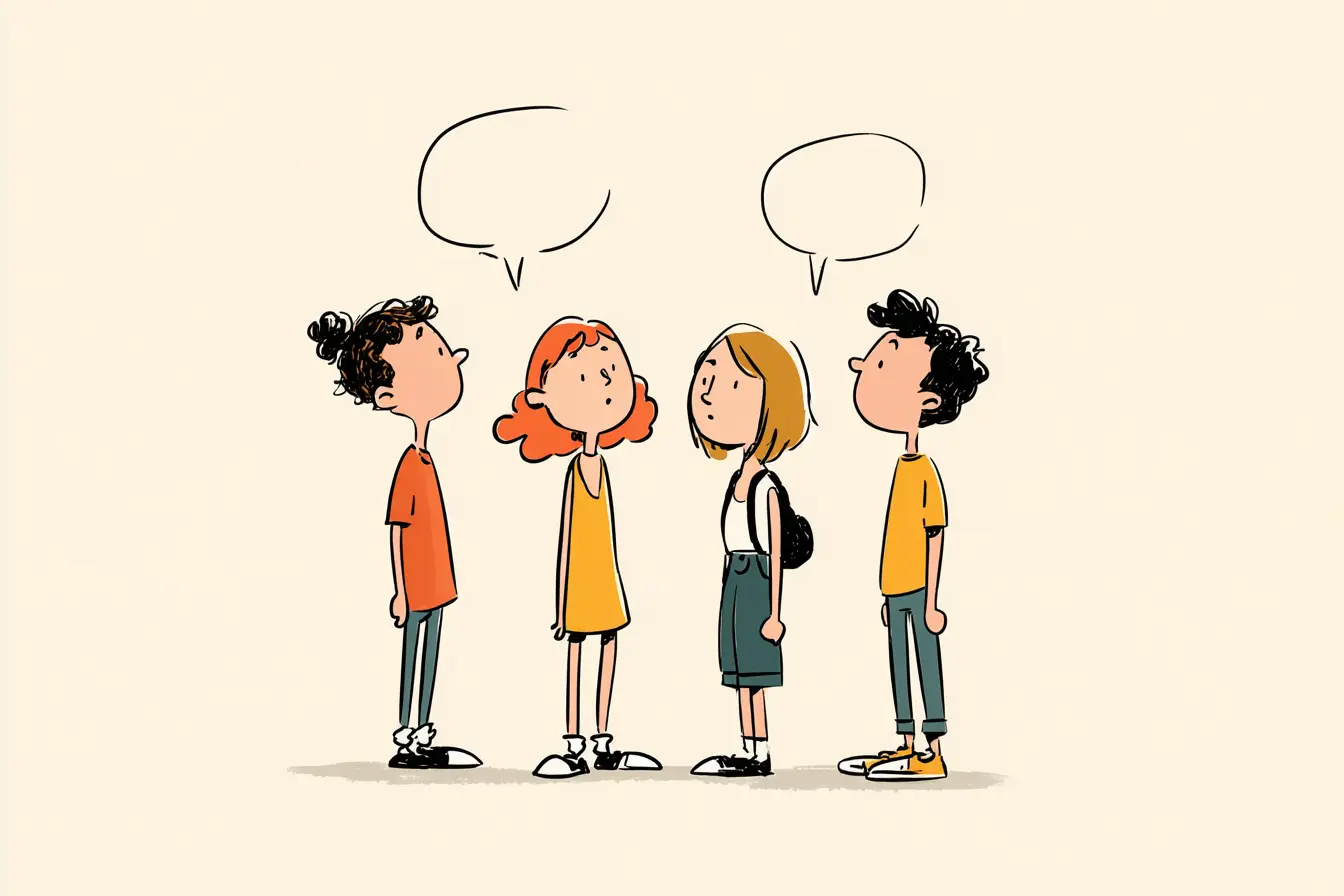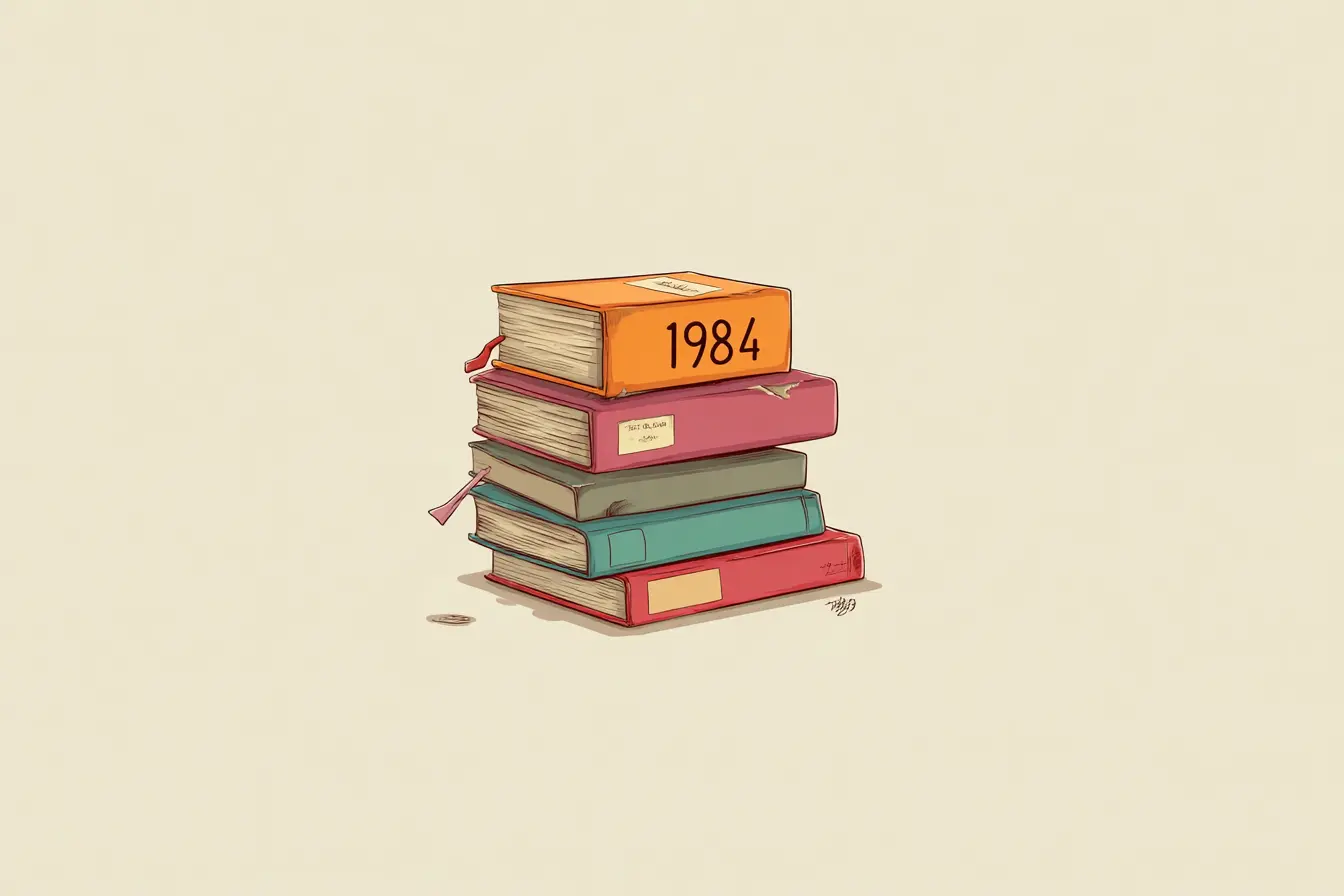Every September 19, conversations around the world suddenly fill with “Ahoy!”, “Avast!”, and “Arrr!”. This wave of seafaring speech is thanks to Talk Like a Pirate Day, an unofficial holiday where people swap normal chat for the colorful rhythm of pirate language.
A Short Voyage into the Holiday’s Origins
The story begins in 1995, when John Baur and Mark Summers, two friends from Oregon, were playing racquetball. During the game, one of them shouted “Arrr!” instead of the usual competitive smack talk. They kept it going for the rest of the match, laughing so hard they decided there should be an annual day devoted to pirate sayings.
They picked September 19 because it was easy to remember, and for years, it was just their personal joke. Everything changed in 2002 when humor columnist Dave Barry mentioned it in his newspaper column. Overnight, people around the world were shouting things pirates say, from school classrooms to office meetings, and Talk Like a Pirate Day became a global event.
The Pirate Phrasebook
Here’s your expanded treasure chest of expressions, each with a meaning, a touch of history, and a modern-day example so you can work them into real conversations.
Getting the Pirate Sound Right
If you want your pirate slang to sound convincing, start with the voice. The “classic” pirate accent (rolling R’s, drawn-out vowels, a bit of gravel) comes from actor Robert Newton, who played Long John Silver in Disney’s 1950 Treasure Island. He exaggerated a West Country English accent and added plenty of growls, creating the sound that still defines pirates in pop culture.
Here’s how to capture it:
- Roll your “R” like you mean it: Arrr, matey!
- Drop your final “G”: sailin’, swabbin’, fightin’.
- Stretch vowels: gooooold, seeeea.
- Throw in dramatic filler words: “By thunder!”, “Blimey!”.
Everyday Fun with Pirate Language
The beauty of pirate language is that it works best when slipped into ordinary life. You can use it to tease coworkers (“Belay that! We’re doing it my way.”), greet friends (“Ahoy, me hearties!”), or add drama to small problems (“Batten down the hatches, it’s raining again!”).
Here are some funny pirate sayings to keep in your back pocket:
- “Dead men tell no tales.” – Keep a secret.
- “May your anchor be tight, your compass be true, and your rum plentiful.” – A friendly toast.
- “I’m not lost, I’m exploring uncharted waters.” – Perfect for road trips.
- “A smooth sea never made a skilled sailor.” – A little wisdom with your swagger.
A Few Fun Facts to Impress the Crew
- Real pirates rarely said “Arrr” – that’s pure Hollywood.
- The Jolly Roger wasn’t just a decoration; it was meant to scare ships into surrendering without a fight.
- Pirate ships often had democratic rules: crews voted on leaders and shared loot fairly.
- Blackbeard famously tied slow-burning fuses into his beard so smoke would billow around his face in battle.
The joy of these expressions is how well they fit into everyday life. You can greet a friend with “Ahoy!” instead of hello, scold a coworker with “Avast, you scallywag!” or tell your kids “Batten down the hatches!” before a storm. The more you mix them into normal moments, the funnier they get.
FAQ
1. What does a pirate say?
Pirates are famous for colorful expressions like “Ahoy!” (hello), “Avast!” (stop and pay attention), “Aye!” (yes), “Landlubber” (non-sailor), and of course the classic “Arrr!”. Many of these phrases were popularized by books and films rather than actual historical pirates.
2. Is pirate language historically accurate?
Not entirely. Real pirates came from many countries and spoke in a mix of accents and languages. The “pirate voice” we know today, rolling R’s and drawn-out vowels, comes mostly from actor Robert Newton’s 1950 portrayal of Long John Silver in Treasure Island.
3. Can I use pirate slang outside of Talk Like a Pirate Day?
Absolutely. Pirate slang works any time you want to add humor, surprise, or drama to your speech. Dropping a playful “Batten down the hatches!” or “To the plank with ye!” into a normal conversation is a quick way to make people smile.


